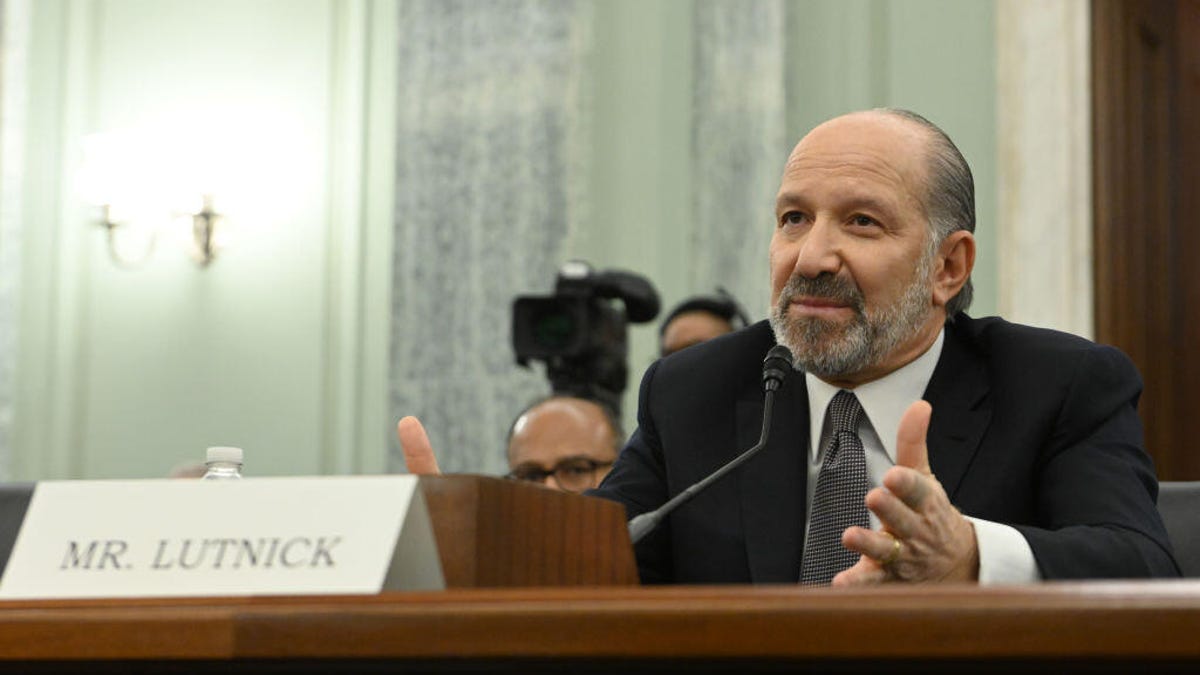“If [the National Telecommunications and Information Administration] changes program conditions, we ask that those changes be optional rather than mandatory,” a group of 115 state legislators from 28 states wrote in a letter addressed to Secretary of Commerce Howard Lutnick on Thursday. This comes after the Broadband Equity, Access and Deployment (BEAD) program recently lost its top director, who departed with a scathing letter alleging an impending shift in funding toward Elon Musk’s satellite internet company, Starlink.
The $42.5 billion broadband infrastructure investment was passed in 2021, and has come under fire from Republicans for its slow rollout.
According to a report last month from The Wall Street Journal, Starlink could receive $10 billion to $20 billion of BEAD — up from the $4.1 billion it was expected to get under the old rules.
“At this late stage, major changes would undermine our work and delay deployment by years,” says the letter. “The health, safety, education and economic success of our communities depend on these programs. We ask that you tread cautiously when changing them.”
BEAD has been criticized by Republicans — and to a lesser extent, Democrats — for its slow rollout. Critics like to point out that it’s been more than three years since the program was created, and still no homes have been connected through BEAD.
But according to the letter signed by the state legislators, BEAD is going “very well.” They point to the competitive bidding process that has resulted in plans for nearly universal coverage. In Louisiana, for example, BEAD contracts will supply fiber coverage to 95% of the state, with wireless, cable and satellite picking up the remaining 5%.
Neither the Department of Commerce nor Starlink immediately responded to CNET’s request for comment.
Fiber is generally considered the gold standard for broadband, providing fast, reliable speeds capable of handling massive amounts of data. Satellite services like Starlink, however, have much lower speeds — 79Mbps, according to the most recent Ookla data. Fiber providers like AT&T, on the other hand, averaged 361Mbps. (Disclosure: Ookla is owned by the same company as CNET, Ziff Davis.)
Republicans have been leading the charge on changes to the Biden-era BEAD program, but the letter from state legislators paints a bipartisan picture. Among the signatories are several Republicans from deeply red states, including Arkansas, Indiana, Missouri, Nebraska and North Dakota.
Their message is loud and clear: Let states decide how to proceed with BEAD.
Read the full article here


